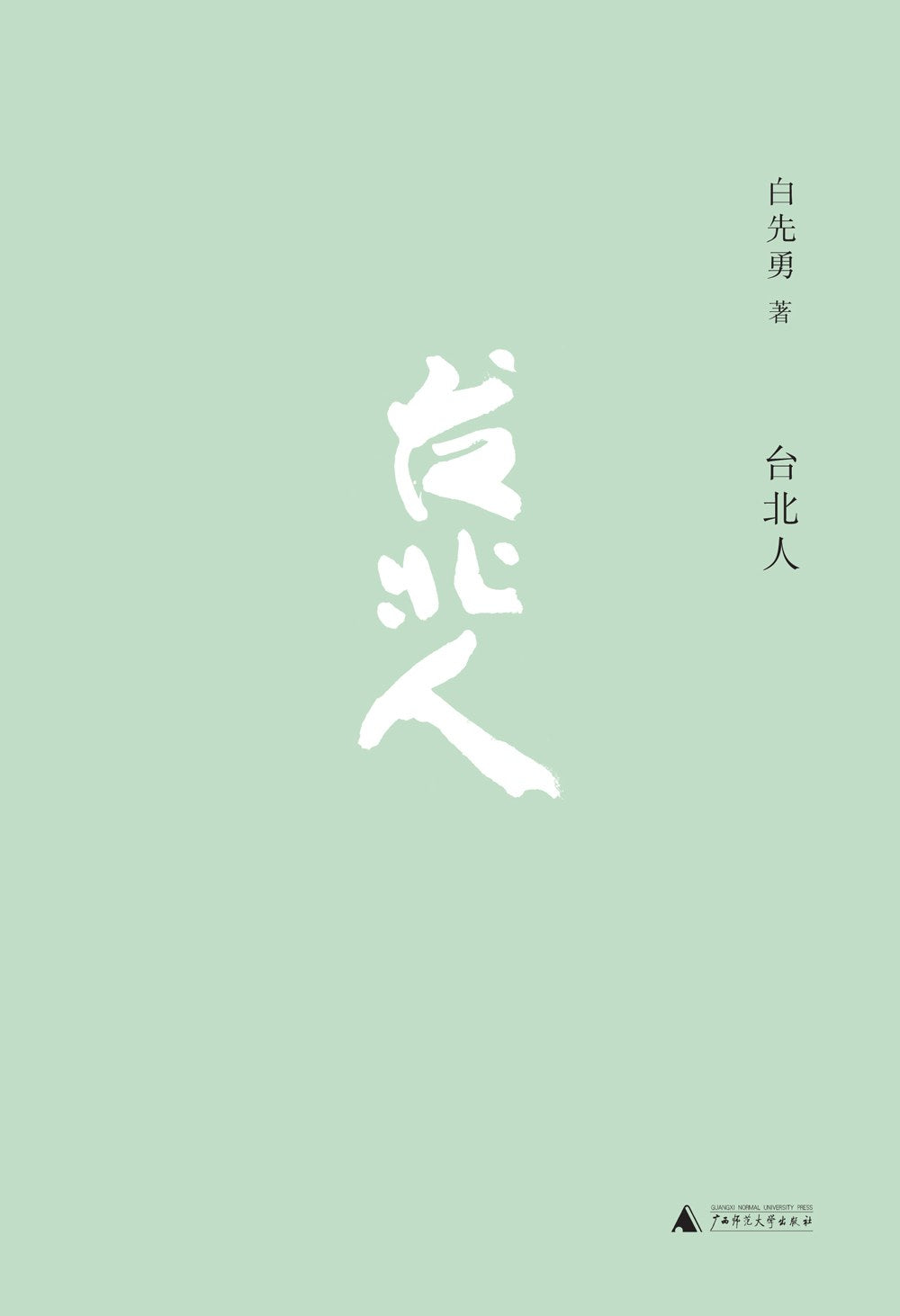WULOLIFE
《台北人》作者: 白先勇 出版社: 广西师范大学出版社
《台北人》作者: 白先勇 出版社: 广西师范大学出版社
Couldn't load pickup availability
Description
内容简介 · · · · · ·
作为20世纪中文小说100强的《台北人》,是一部深具复杂性的串联成一体,则效果遽然更重要使我们能更进一步深入了解作品之含义,并使我们得以一窥隐藏在作品内的作者之人生观与宇宙观。《台北人》之人物,可以说囊括了台北都市社会之各阶层:从年迈挺拔的儒将朴公(《梁父吟》)到退休了的女仆顺恩嫂(《思旧赋》,从上流社会的窦夫人(《游园惊梦》)到下流社会的“总司令”(《孤恋花》)。有知识分子,如《冬夜》之余嵚磊教授;有商人,如《花桥荣记》之老板娘;有帮佣工人,如《那血一般红的杜鹃花》之王雄;有军队里的人,如《岁除》之赖鸣升;有社交界名女,如尹雪艳;有低级舞女,如金大班。这些“大”人物、“中”人物与“小”人物,来自中国大陆不同的省籍或都市(上海、南京、四川、湖南、桂林、北平等,他们贫富悬殊,行业各异,但没有一个不背负着一段沉重的、斩不断的往事。而这份“过去”,这份“记忆”,或多或少与中华民国成立到大陆沦陷那段“忧患重重的时代”,有直接的关系。
作者简介 · · · · · ·
白先勇,小说家、散文家、评论家、剧作家。1937年生,广西桂林人。美国爱荷华大学“作家工作室”(Writer's Workshop)硕士。他的小说被译成英、法、德、意、日、韩等多种语言文字,在海内外拥有读者无数。著有短篇小说集《寂寞的十七岁》、《台北人》、 《纽约客》,长篇小说《孽子》,散文集《蓦然回首》、《明星咖啡馆》、《第六只手指》、《树犹如此》,电影剧本《金大班的最后一夜》、《玉卿嫂》、《孤恋花》、《最后的贵族》等,重新整理明代大剧作家汤显祖的戏曲《牡丹亭》、高濂《玉簪记》,并撰有父亲白崇禧及家族传记。
